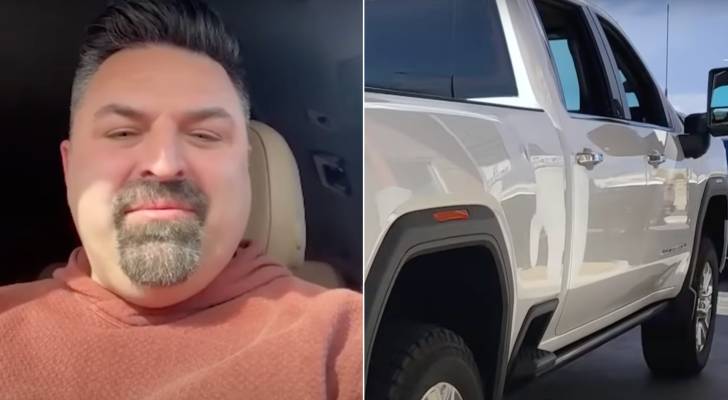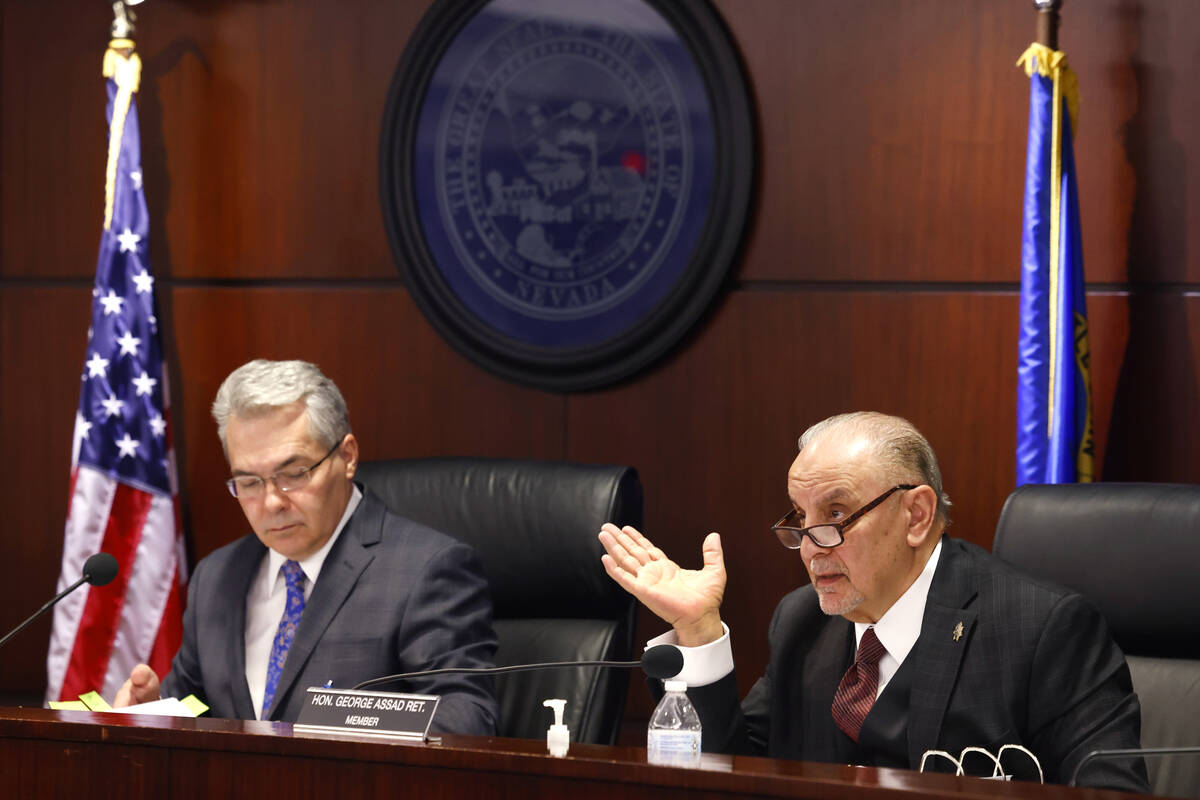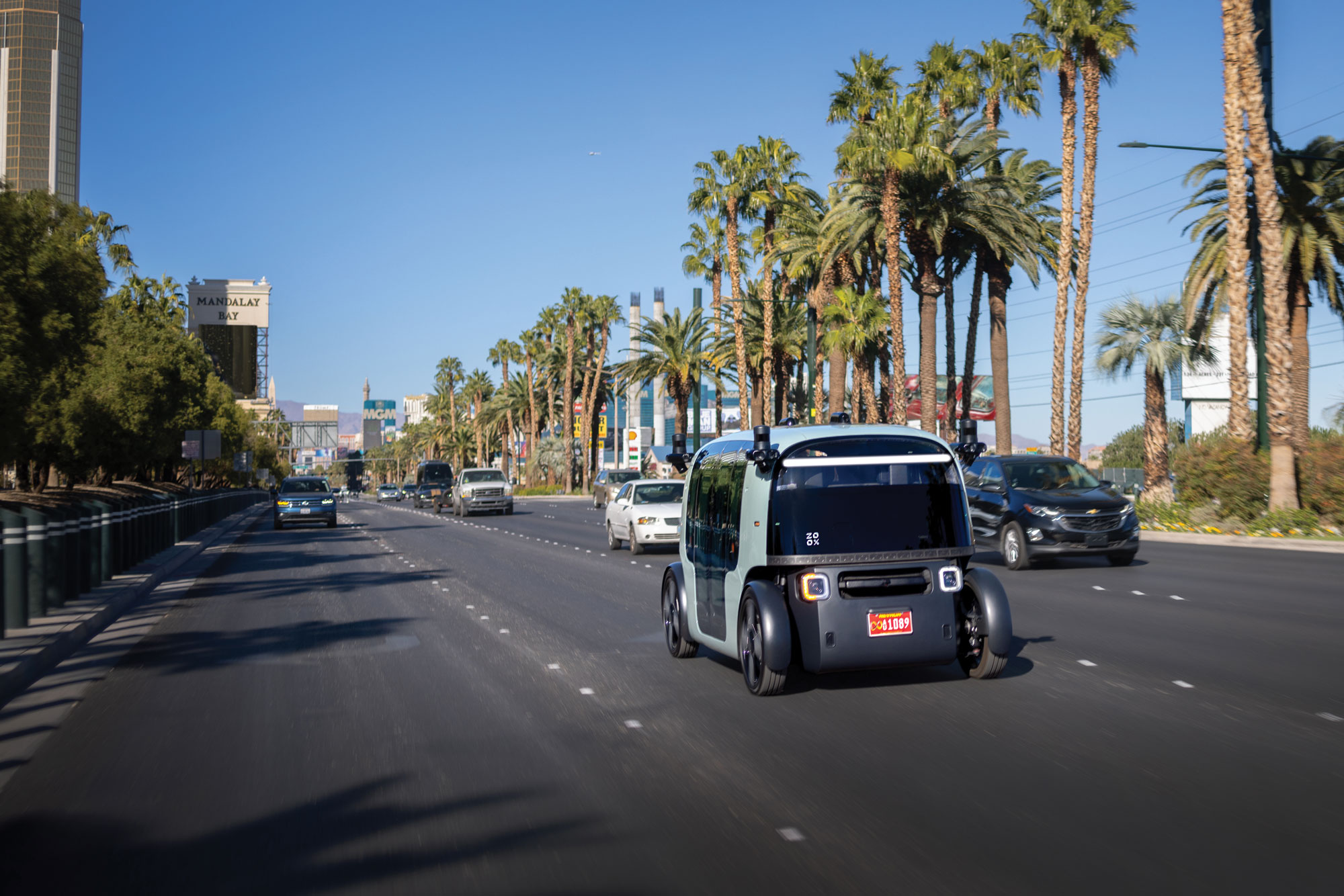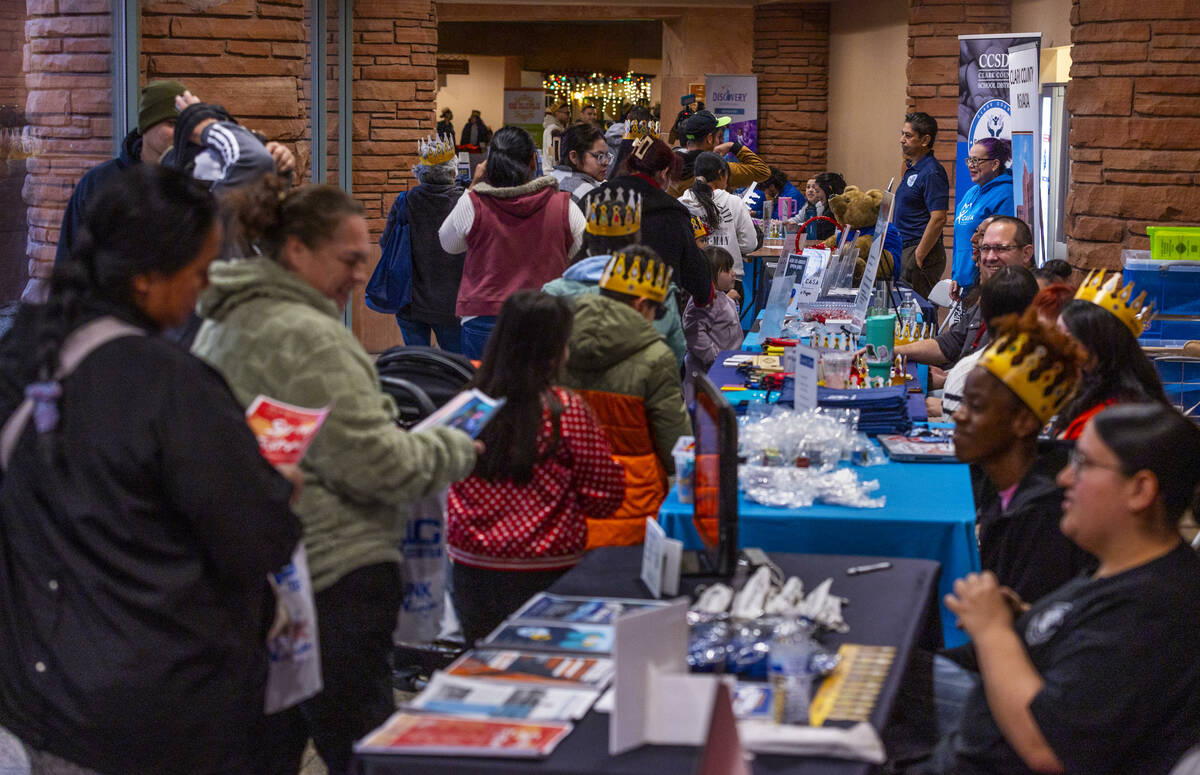A Las Vegas man spent thousands of dollars on what he believed was a brand-new truck, but it didn’t take long for him to realize he had been scammed into buying a stolen vehicle.
Sherman Habibian was looking to purchase a new truck when he found a white GMC listed on Facebook Marketplace. He negotiated a deal with the seller to purchase the truck for nearly $53,000 in cash.
Don’t miss
Habibian was cautious — before turning over the cash, he matched the Vehicle Identification Number (VIN) and checked the truck’s title. Only then did he meet with the seller and pay cash for the truck. But when he took the truck to the DMV, he quickly realized something was wrong.
“I’m sitting at the VIN Inspection and when they pull up on you and the [cop car] lights come on my stomach just dropped,” Habibian shared with 8 News Now.
As Habibian would quickly learn, his brand-new truck had actually been stolen. Using the VIN swap scam, car thieves swapped the truck’s VIN with a legitimate VIN in order to scam Habibian into finalizing the purchase.
“It was a VIN-switched stolen vehicle, so we had to impound it,” shared JD Decker, Chief of the DMV’s Compliance Enforcement Division.
Police had no choice but to seize the stolen truck, leaving Habibian without a vehicle as well as $53,000 in cash. But thanks to his cautious negotiations, Habibian was able to lead the police straight to the scammer who sold the stolen truck to him.
How police tracked down the seller
During negotiations, Habibian had asked the seller for identification, a request that reportedly caught the seller off guard. And while the seller managed to fool Habibian with a fake ID, it contained enough clues to give law enforcement a solid lead.
“[Habibian] had a relatively significant amount of information about the seller, which often doesn’t happen,” Decker told 8 News Now. Three days later, police tracked down and arrested the 22-year-old scammer and charged him with two felonies. And while justice was served, Habibian was not able to recover the thousands of dollars he had spent on the stolen truck.
According to Decker, VIN swap scams are alarmingly common. His DMV sees nearly three cases a week, and most go unsolved because buyers often don’t have enough information to track down the scammers.
Read more: 82% of Americans are missing out on a savings account that pays over 10 times the national average
How to protect yourself from VIN swap scams
In 2023, more than one million vehicles were stolen in the U.S., and selling stolen cars through the VIN swap scam has become quite prevalent. As a precaution, Decker suggests buyers meet with the sellers at a local DMV VIN inspection station, where officials can quickly identify whether the vehicle has been stolen.
“We’ve had a number of cases where people have done that and we’ve saved them tens of thousands of dollars because our inspectors identified that the vehicle was stolen,” Decker explained.
There are other steps you can take as well, including purchasing a vehicle history report that includes information such as the vehicle’s service history, title status, accidents and previous owners.
Next, perform a title search on the National Motor Vehicle Title Information System. This is a government site designed to protect consumers and prevent stolen or unsafe vehicles from being sold. Performing the search is free, and you’ll be able to learn whether the car was stolen, or if it was involved in a serious accident.
Furthermore, it’s also a good idea to ask the seller for their ID, as Habibian had done. This precaution could help you discern whether a scam is taking place, and it could also help the police track down the scammer in the event that you’ve purchased a stolen vehicle.
And finally, if the price seems too good to be true, it probably is. Scammers are often eager to complete the sale quickly, so they may be willing to lower the price considerably.
For Habibian, this experience was a costly reminder that VIN swap scams are quite common. While the scammer may have been caught, Habibian is still hoping to recover his money. But there’s a lesson we can all learn from his experience: when buying a vehicle that isn’t being sold at a dealership, taking extra steps to verify its history can save you from making a very costly mistake.
What to read next
This article provides information only and should not be construed as advice. It is provided without warranty of any kind.



